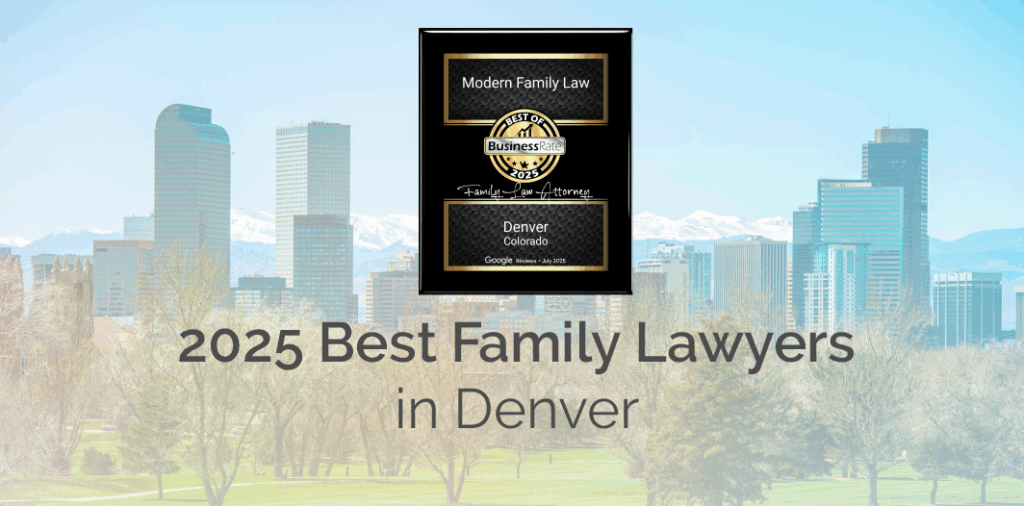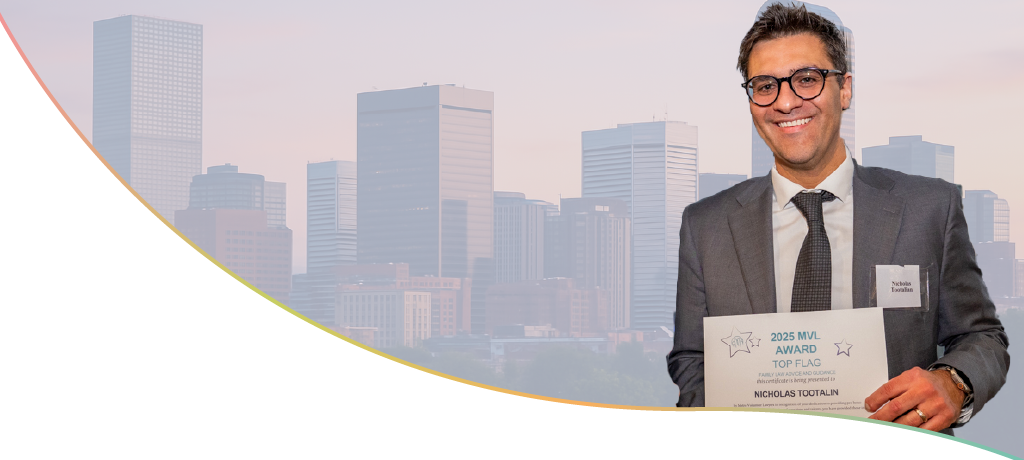Training, Growth, & Paying It Forward
MFL: Since this is your first role as a paralegal, did you receive any specific training or have access to particular resources when you started?
Liz Catalan: Yes, the training on billing was especially helpful. I remember wondering things like, ‘What should I include? What is too much detail? What is not enough?’ I knew what I was doing, but I was not sure how much of that needed to be communicated to the client. After all, they do not need an entire paragraph explaining my process; that is my responsibility, not theirs.
Learning how to bill properly really helped me organize and prioritize my tasks. It created a kind of snowball effect: once I understood what I should be billing for, I became more aware of how to phrase my entries, what each task involved, and how everything connected.
Watching others in action was another valuable part of my training. Observing matter status meetings (MSMs), especially how Selena handled them, gave me clarity on what my role as a paralegal should be during those meetings, versus the attorney’s role. And over time, the more I participated, the more I learned.
Of course, making mistakes was a big part of the learning process, too. I remember Amy from the Learning and Development team saying often, ‘You’re going to make mistakes, and that’s okay.’ That stuck with me. The L&D team created a supportive environment where I felt it was safe not to know everything. And that’s something I now share with new paralegals, like Monica, who recently joined with no prior experience. When she worries about getting something wrong, I tell her, ‘You probably will. And that’s perfectly fine. Just draft it, and I’ll review it, make corrections, and walk you through what I changed.’
It’s a lot like teaching a kid to fry an egg for the first time; they will mess it up, and that is normal. So while the formal training was important, I have found that hands-on experience, making mistakes, and learning from them is where the real growth happens. And that is completely okay.
MFL: Would you say that when you help train new paralegals, you tend to follow the same approach that was used to train you, because it was so helpful and effective in your own experience?
Liz Catalan: Yes. I always encourage new paralegals to lean on the Learning and Development team and to ask questions, ask me, and if I do not have the answer, we can go to Karlee or whoever else might know. One of the most valuable things L&D provided me was a reference point for tasks I had not done yet but would eventually need to. It gave me something to go back to and review when the time came, so I could follow the correct steps.
MFL: Are there any other skills you hope to develop as you grow in your role?
Liz Catalan: I know for certain that I do not have every skill I could have, because I am not in my ‘final form’ when it comes to my career. There is always room to grow and something new to learn. I know that sounds a bit cliché, but it’s true.
One area where I have seen the most growth is in collaboration, communication, and especially delegation. Delegation was something I struggled with as an executive assistant. Back then, I felt like I could not hand tasks off because there was no one else to do them, or I would just end up redoing the work anyway.
Now, I am part of a team where delegation is not only possible but necessary. I never thought I would be good at handing off tasks, but here I am, regularly doing it, not because I do not want to do the work, but because I have extra bandwidth, and someone else may be looking to take on more. It has been a real shift for me and one of the most valuable areas of growth.





